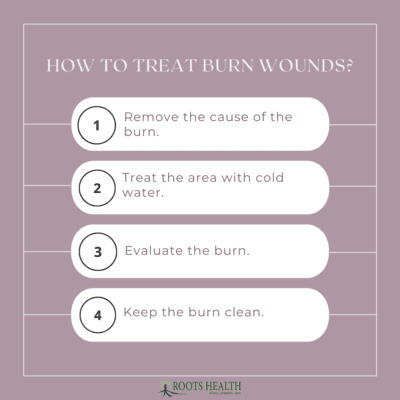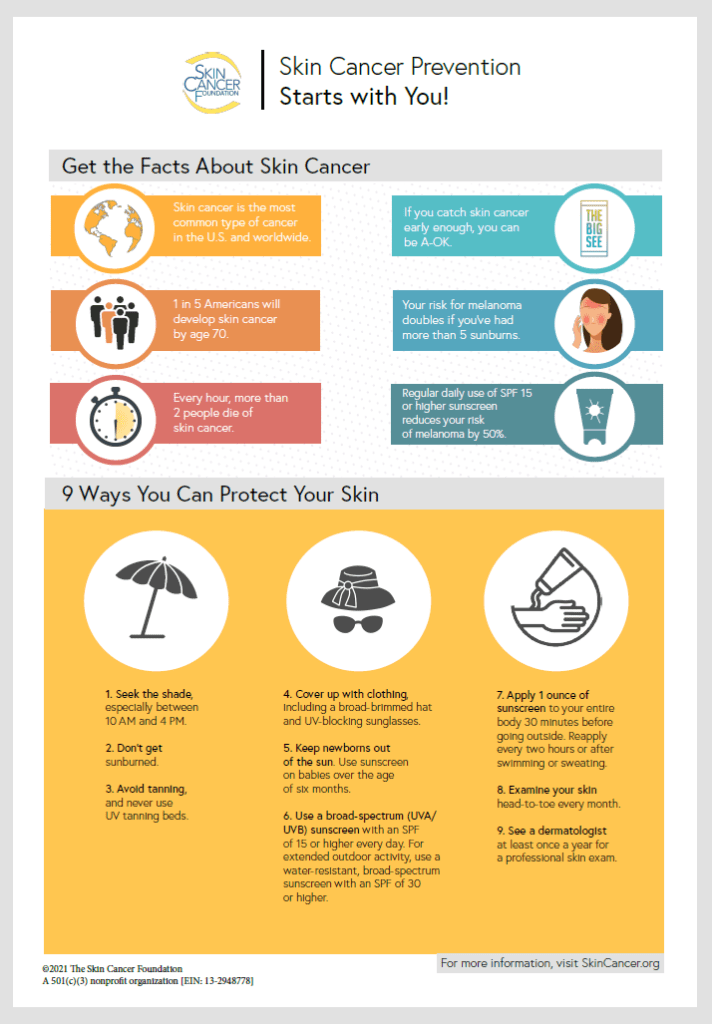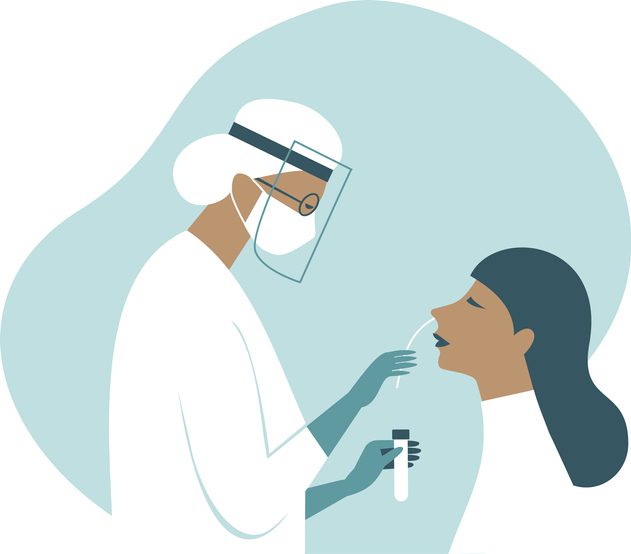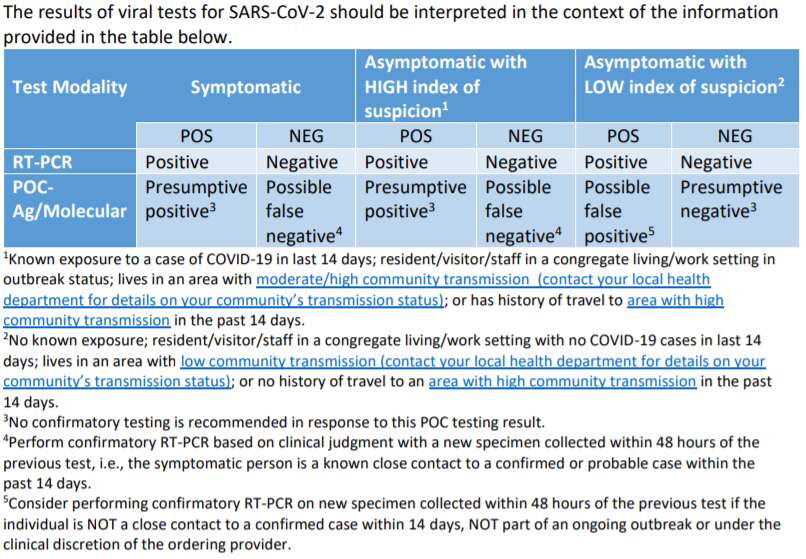ABCs for burns.
Burns Happen.
We all use things that are hot, flammable, or explosive and don’t think much about the risks… until we get burned.
Thermal burns are the ones we all think of…. Touching a hot iron for example. These are obvious hazards, but there are more severe burns you might not think of often.
Chemical burns are not as rare as you might think. One of my patients had some batteries explode in her pocket and burn her skin. She called and was directed to immediately irrigate with water.
Today we will go through the ABCs of burns and what to do if you have a burn.
Bottom line: Burns happen and there are steps that need to be taken immediately to improve the odds for successful healing.
What is the Basic Care for Burns?
Treating burns early is actually the most important:
- Remove the cause of the burn.
Immediately remove the cause of the burn from the affected area. If there is grease or chemicals on your skin (or clothing that’s caught fire), you need to remove the continued source of the burn as quickly as possible.
For chemicals you may need to double check that nothing is continuing to cause damage. In the case of my patient, the battery got into her shoe and it was not noticed right away. It caused more damage to her foot than her thigh because it was not treated as quickly.
- Treat the area with cold water.
Leave any affected burn areas under cold water for 10 minutes. This time is essential in reducing the heat in the skin and stopping the burn’s progression. You may even want to irrigate with water for longer depending on the type of chemical burn and extent.
- Evaluate the burn.
After 10 minutes of treatment with cold water, assess the existing damage and plan for needed treatment. Call your physician for guidance. If you’re traveling to a medical facility, keep a cool compress on the area while you travel, if possible.
- Keep the burn clean.
Burns break down skin and often breed infections that can be severe. Removing debris that might contain bacteria and keeping the area clean is important.

When do I need to seek Immediate Medical Care?
In specific cases, you should seek professional treatment for a burn immediately.
Circumferential Burns
If a burn area stretches all the way around a body part — like your finger, wrist, or leg — you absolutely need to see a doctor for evaluation and treatment.
Large Burns
When it comes to wound care for burns, a rule of thumb is that you can estimate burn size by thinking of your palm as 1% of your body area, while your arm or leg is closer to 9%. Different percentages of burned skin require different levels of medical attention, but suffice it to say if you have burn on 10% of your body you need to seek medical attention immediately.
What are the Next Steps for Burn Management?
In addition to caring for the burn itself, you’ll also need to deal with other issues related to your injury. To give your body time to heal, you’ll need to address two variables:
- Infection: Your skin is your body’s main defense against infections. When you burn your skin, you’re literally burning away your number one infection defense mechanism. Keep the burn site clean to avoid complications.
- Pain management: Burn wounds are notoriously painful. Talk to your doctor about medication options for pain management.
- Wound care: Evaluation of severity and which layers of tissue are affected will determine treatment. Consult with your doctor and consider Silvadene, commonly used cream that has both antibacterial properties and can promote wound healing.
Wound Care for Burns: Final Thoughts
If you find yourself questioning whether you should seek medical attention for a burn, seek medical attention. One advantage of our direct primary care model is that patients have a direct line to their doctor they can use at any time. My battery burn patient was able to call me immediately after her injury, and I could assist her in real time as she texted me pictures of the burns. We saved her thousands in hospital bills and follow up care because we were able to manage her care immediately to prevent ongoing damage.

















